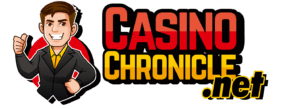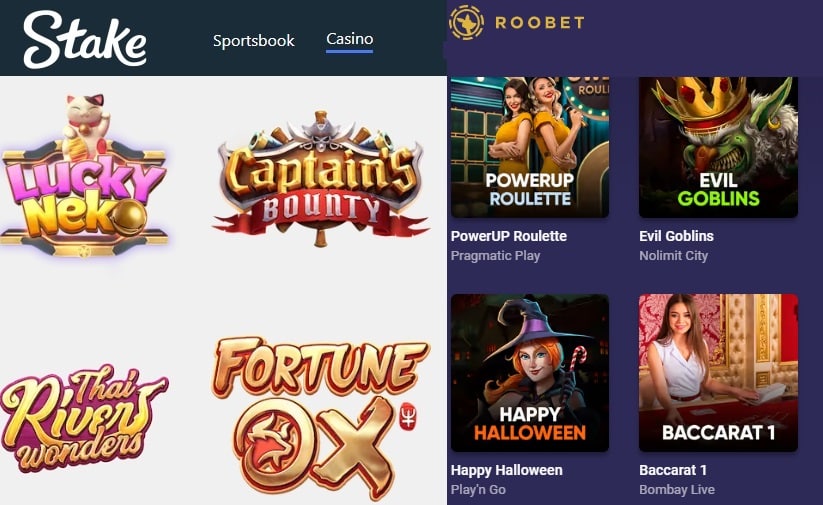As the United Kingdom proceeds on its course towards a ‘No Deal’ Brexit, politicians and doctors continue to debate the uncertain future of the NHS. Many feel that a post-Brexit UK-US trade deal would put the future of NHS in jeopardy, with the strong possibility of it being dissolved completely.
However, as a bastion of socialized healthcare, the NHS continues on its mission to provide important services to the general public. Following a report last year from the Gambling Commission that found 55,000 young people are addicted to gambling, the NHS has opened its first clinic specifically aimed towards gambling addiction amongst adolescents.
The move follows the suicide of a young gambling addict in the northern city of Leeds last month, who killed herself after losing £36,000 within the space of two weeks. While the victim in this case – Kimberely Wadsworth – only began gambling in her late twenties, the Gambling Commission has found that the average age of gamblings addicts is becoming increasingly younger every year.
The thin line between gaming and gambling
One reason for the rise of gambling addiction amongst the youth has been pin-pointed to an early addiction to online gaming. Over the past few years, many online computer game developers have been adding features to games that resemble ‘gambling-like’ activity. Some of these features involve using real money to purchase items that improve a player’s chances of winning, others include digital money within the game that can be used for various activities – including, in some cases, gambling.
Late last year, the controversial use of ‘loot boxes’ – virtual ‘lucky packets’ that players can purchase with real money – was banned in Belgium, prompting several countries to consider the same. The topic has pre-empted several discussions amongst lobbyist groups about the potential dangers of online gaming leading to future gambling addiction.
A recent article from the BBC outlines the troubles one family faced when their teenage son became embroiled in online gambling. It notes the hours the teenager spent as a child playing online football and the various extra in-game products that the games encourage players to purchase.
“Crucially, Steve’s son was encouraged to pay for extra products, such as “ultimate team packs”, the article notes.
Due to the unknown nature of what the packs contain, the teenager’s father, Steve, believes they introduce players to the thrill of ‘gambling’. Scientific research shows how receiving an unexpectedly good ‘prize’ releases certain chemicals into the brain like dopamine, the same chemical released by addictive drugs.
However, NHS psychiatrist Dr. Henrietta Bowden-Jones admits no formal link has been established between potentially “toxic” gaming-related activities and gambling addiction amongst young people. She believes the NHS needs to do further work with policymakers and public health professionals to “change the environment they live in.”





